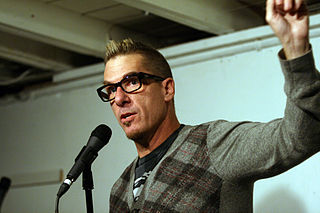A Quote by Colin Powell
It was the Congress that imposed 'Don't Ask, Don't Tell,' it was certainly my position, my recommendation to get us out of an even worse outcome that could have occurred.
Related Quotes
The Americans made the decision out of principle to buy Russian equipment for us because our pilots and mechanics were trained on Russian aircraft. But, then, as a result of the Ukraine crisis, the US Congress imposed sanctions on Russia and the equipment could no longer be delivered to us. I am proud of our security and defense forces.
On moral grounds, I think that if you believe a certain outcome is a very possible outcome, you have an obligation to tell people that. With global warming, the probability of a bad outcome if we stay on our current emission trends is incredibly high. If you know a bad outcome is likely to happen, what right do you have not to communicate that? You go into a doctor's office, what are they going to do - not tell you the diagnosis?
Leaders are visionaries. They see the outcome. Leaders are communicators. They tell us what they're seeing. They hold the dream, letting us feel that it's possible. Our minds open up to what they show us could be. We dream with them. We get excited with them, drawing on all our abilities to create the future.
President's personal staff has a unique role. They're his intimate personal advisers, and the tradition and the precedent has been, even when I was national security adviser, that people in that position do not testify before the Congress. They talk to the Congress. They have meetings with the Congress.











































